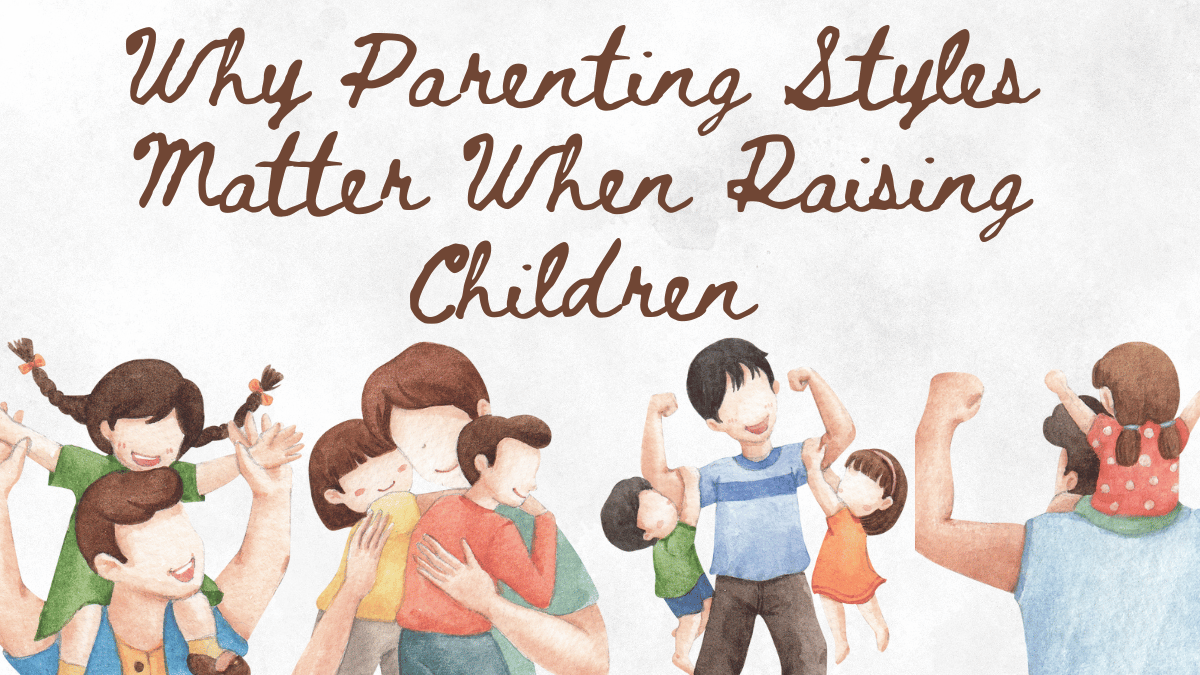The Profound Impact of Parenting on Child Development
Parenting is arguably one of the most significant responsibilities a person can undertake, as it lays the foundation for a child’s development and shapes their future. The way parents interact with their children, set boundaries, and provide guidance has a profound impact on various aspects of a child’s life, including their emotional well-being, cognitive abilities, social skills, and overall character.
Understanding the Different Parenting Styles
Researchers have identified four primary parenting styles: authoritarian, permissive, uninvolved, and authoritative. Each style has its own unique characteristics and can influence a child’s development in distinct ways.
Authoritarian Parenting
Authoritarian parents tend to be strict, demanding, and expect unwavering obedience from their children. They often employ harsh disciplinary measures and are less likely to engage in open communication or consider their children’s perspectives. While this approach may instill a sense of discipline and respect for authority, it can also lead to children feeling resentful, emotionally withdrawn, and lacking in self-confidence.
Permissive Parenting
On the opposite end of the spectrum, permissive parents are highly lenient and tend to make few demands on their children. They are often nurturing and communicative but lack consistent discipline and structure. Children raised with this parenting style may struggle with self-regulation, lack motivation, and have difficulty respecting authority figures.
Uninvolved Parenting
Uninvolved parents are emotionally detached and often neglectful of their children’s needs. They provide minimal guidance, support, or supervision, leaving children feeling unloved and lacking a sense of security. This parenting style can have severe consequences on a child’s emotional and social development, as well as their academic performance.
Authoritative Parenting
The authoritative parenting style is often considered the most balanced and effective approach. Authoritative parents strike a balance between setting clear expectations and providing warmth, support, and open communication. They establish reasonable limits and consequences while also encouraging their children’s independence and individuality. Children raised with this style tend to exhibit higher self-esteem, better social skills, and stronger academic performance.
The Lasting Impact of Parenting Styles
While the effects of parenting styles may not be immediately apparent, they can have far-reaching consequences that extend well into adulthood. Here are some areas where parenting styles can leave a lasting impact:
Emotional and Psychological Well-being
The emotional support and nurturing provided by parents play a crucial role in a child’s psychological development. Children raised in an environment that fosters open communication, empathy, and emotional intelligence are more likely to develop healthy coping mechanisms, resilience, and a positive self-image. Conversely, children who experience neglect, harsh criticism, or emotional deprivation may struggle with anxiety, depression, and low self-esteem.
Social and Interpersonal Skills
Parenting styles can significantly influence a child’s ability to form and maintain healthy relationships. Children raised in authoritative households, where open communication and mutual respect are valued, tend to develop stronger social skills and are better equipped to navigate interpersonal relationships. On the other hand, children raised in authoritarian or permissive environments may struggle with assertiveness, conflict resolution, or setting appropriate boundaries.
Academic Performance and Cognitive Development
Parenting styles can also impact a child’s academic performance and cognitive development. Children raised in authoritative households, where structure and support are balanced, tend to perform better academically and exhibit stronger problem-solving and critical thinking skills. In contrast, children raised in uninvolved or overly permissive environments may struggle with motivation, self-discipline, and achieving their full academic potential.
Character and Moral Development
Parenting styles play a significant role in shaping a child’s character and moral development. Children raised in authoritative households, where parents model positive values and engage in open discussions about right and wrong, are more likely to develop a strong moral compass and a sense of responsibility. Conversely, children raised in environments where values and boundaries are not clearly defined may struggle with impulse control, empathy, and ethical decision-making.
Adapting Parenting Styles to Individual Needs
While the authoritative parenting style is generally considered the most effective, it’s important to recognize that every child is unique, and parenting styles may need to be adapted to meet their individual needs. Some children may require more structure and guidance, while others may thrive with more freedom and flexibility. Effective parenting involves being attuned to a child’s temperament, developmental stage, and unique circumstances, and adjusting the parenting approach accordingly.
The Role of Consistency and Open Communication
Regardless of the parenting style adopted, consistency and open communication are crucial elements for successful child-rearing. Children thrive on predictability and clear boundaries, which help them feel secure and foster a sense of trust in their parents. Open communication, active listening, and considering a child’s perspective can also strengthen the parent-child bond and promote healthy emotional development.
Embracing a Growth Mindset in Parenting
Parenting is an ongoing journey filled with challenges and opportunities for growth. It’s essential for parents to approach this journey with a growth mindset, recognizing that there is always room for improvement and adaptation. Seeking support from family, friends, or professional resources can provide valuable insights and strategies for enhancing parenting skills and addressing specific challenges.
Conclusion: Nurturing Well-Rounded and Resilient Children
In conclusion, parenting styles have a profound and lasting impact on a child’s development, shaping their emotional well-being, social skills, academic performance, and character. While no parenting style is perfect, the authoritative approach, which balances structure and warmth, is often considered the most effective in nurturing well-rounded and resilient children. However, it’s crucial to recognize that every child is unique, and parenting styles may need to be adapted to meet their individual needs.
Consistency, open communication, and a growth mindset are essential elements for successful parenting. By embracing these principles and remaining attuned to their child’s needs, parents can create an environment that fosters healthy development and equips their children with the tools they need to thrive in all aspects of life.
